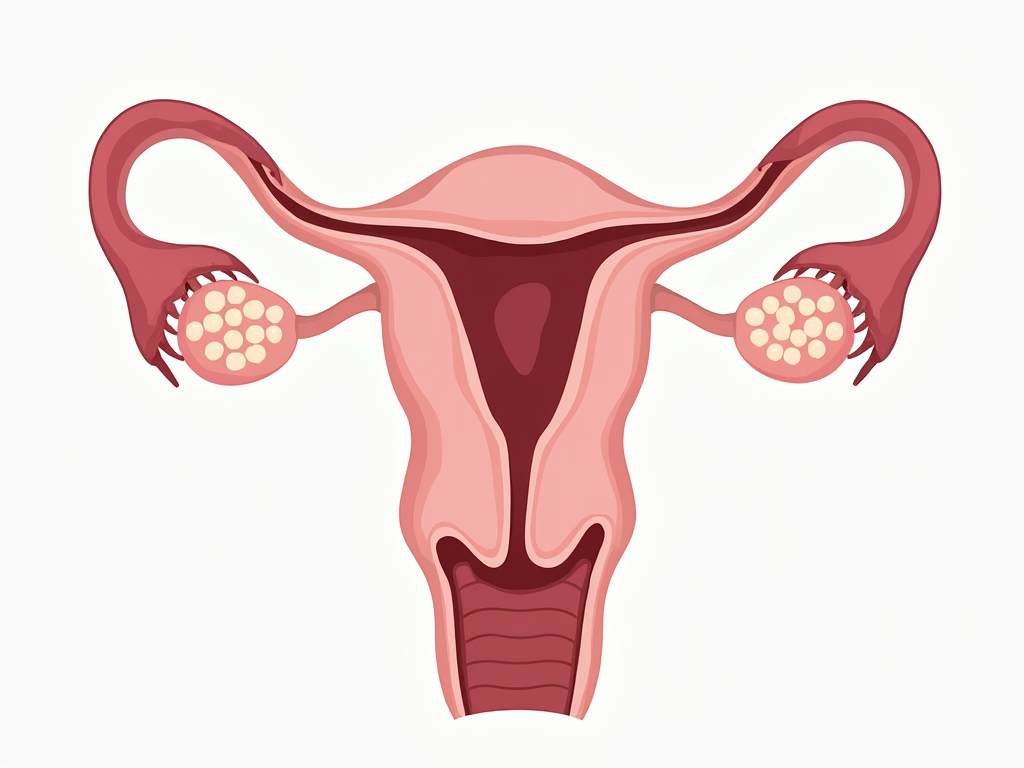Male Infertility: Causes and Solutions
May 12, 2025, 8:25 a.m.
Male infertility can feel like a silent struggle for many men and couples dreaming of starting a family. It’s a common issue, affecting about 1 in 7 couples, and it stems from various causes like ejaculatory dysfunction, lifestyle habits, or medical conditions. This article dives into Male Infertility: Causes and Solutions to offer hope and actionable steps.

What Is Male Infertility?
Male infertility means a man struggles to get a fertile partner pregnant. It often ties back to problems with sperm—either there aren’t enough, they don’t move well, or they’re shaped oddly. About 15% of couples face infertility, and in half of those cases, male factors play a role. It’s more common than most people think, yet it’s rarely talked about openly.
Understanding male infertility starts with knowing it’s not a reflection of masculinity or worth. It’s a health issue, plain and simple, and one that often has solutions if you’re willing to explore them.

Major Causes of Male Infertility
So, what leads to infertility in men? The reasons vary widely, from physical conditions to daily habits. Let’s break it down:
Ejaculatory Dysfunction
Ejaculatory dysfunction is a big player in male infertility. It happens when a man can’t ejaculate normally, which stops sperm from reaching the egg. The causes of ejaculatory dysfunction in men can include nerve damage from diabetes, side effects of medications like antidepressants, or even past surgeries like prostate removal. It’s a tricky issue, but it’s not unbeatable.

Hormonal Imbalances
Hormones are like the body’s control center for sperm production. If testosterone or other hormones are out of whack—say, due to a thyroid problem or pituitary gland issue—sperm count and quality can drop. It’s a subtle cause, but it matters a lot.
Genetic Factors
Sometimes, infertility comes down to DNA. Conditions like Klinefelter syndrome, where a man has an extra X chromosome, can mess with sperm production. Genetic testing can spot these issues early if you suspect something’s off.

Lifestyle Choices
Your daily habits can hit fertility hard. Smoking damages sperm DNA, heavy drinking lowers testosterone, and being overweight throws hormones off balance. Stress doesn’t help either—it’s like adding fuel to the fire.
Medical Conditions
Things like infections (think STDs or mumps), varicoceles (swollen veins in the scrotum), or even cancer treatments can block or reduce sperm production. These aren’t always preventable, but catching them early can make a difference.

How Common Is Male Infertility?
Here’s a quick look at the numbers:
| Cause | Percentage of Cases |
|---|---|
| Ejaculatory Dysfunction | ~5-10% |
| Hormonal Imbalances | ~10% |
| Genetic Factors | ~5-15% |
| Lifestyle Factors | ~20-30% |
| Medical Conditions | ~20-25% |
These stats show how varied the issue is—no single cause dominates.
Solutions for Male Infertility
The good news? There are ways to tackle male infertility. Depending on what’s causing it, you’ve got options. Here’s what works:

Medical Treatments
Doctors can step in with real solutions. For ejaculatory dysfunction, medications or therapy might help. Low sperm count? Hormone treatments or surgeries like varicocele repair can boost your odds. And if those don’t work, assisted options like IVF (in vitro fertilization) can bridge the gap.
I’ve seen couples light up when they hear about IVF success rates—up to 40% per cycle for some clinics, according to the American Society for Reproductive Medicine. It’s not a guarantee, but it’s a solid shot.

Lifestyle Changes
You’ve got more control here than you might think. Here’s a quick list to start: - Quit smoking—sperm quality improves within months. - Cut back on alcohol—aim for no more than 1-2 drinks a day. - Move more—30 minutes of exercise most days helps. - Eat better—load up on fruits, veggies, and whole grains.
Small steps add up fast.
Alternative Therapies
Some guys swear by acupuncture or supplements like zinc and CoQ10 to boost fertility. Studies—like one from the National Institutes of Health—suggest zinc can lift sperm count a bit. Just talk to your doctor first; not every “natural” fix is legit.

A Personal Take
I’ve spoken with men who felt crushed by infertility—guys who thought it was their fault. One friend of mine, after years of smoking and stress, turned things around with a healthier life and a specialist’s help. His story isn’t rare. It takes guts to face this, but the payoff can be life-changing.
Support matters too. Joining a group or talking to a counselor can lift that weight off your shoulders. You’re not alone in this.

Wrapping Up
Male Infertility: Causes and Solutions isn’t just a phrase—it’s a roadmap. From ejaculatory dysfunction to lifestyle tweaks, understanding what’s behind infertility opens doors to fixing it. Whether it’s medical help or a few daily changes, there’s hope. Take it one step at a time, and don’t hesitate to reach out for support.